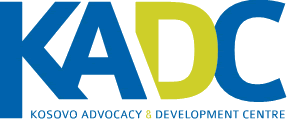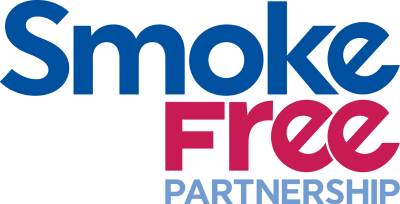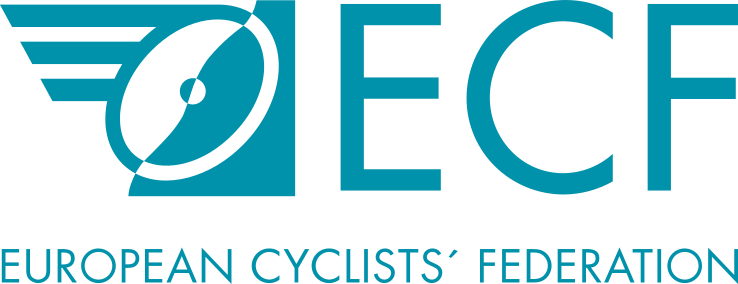New Kosovo law combats tobacco industry interference
Published on Framework Convention ALLIANCE
Friday, 26 April 2013 13:35
On 26 April, the President of Kosovo signed a comprehensive tobacco control law that includes the strongest protections in the world to date against tobacco industry interference in policy-making. Those measures are based on Article 5.3 of the WHO Framework Convention on Tobacco Control.The law incorporates nearly all measures in Guidelines to implementing FCTC Art 5.3. They apply to the whole of government and will be enforced by the national Anti-Corruption Agency. The measures include:
- No unnecessary interactions between government and tobacco industry.
- Full transparency for necessary interactions.
- Prohibition on government partnership with, or support of, the tobacco industry.
- Prohibition on contributions from tobacco industry to government, to government officials, and to political parties.
- Strong tobacco-related conflict of interest provisions.
- Despite strong tobacco industry opposition, the Parliament of Kosovo voted 72-0-2 in favor of the new law two weeks ago.
- Forty-seven percent of youth in Kosovo have tried cigarettes before turning 18. Current cigarette use for women in the region is 44 percent, the second highest in the world.
The comprehensive law also mandates:
- 100 percent smoke-free indoor public places, work places and public transportation, as well as specified outdoor areas, with some very minor exceptions.
- Comprehensive bans on tobacco advertising, promotion and sponsorship, including a ban on retail tobacco product displays.
- Graphic health warnings on both sides of cigarette packages.
- Ban on misleading packaging, including descriptors such as “light” and “low”.
- Prohibition on sales to and by minors.
- Ban on sales in health, education and athletic facilities.
- Granting power to the Ministry of Health to ban ingredients as needed.
- Constituents and emissions limits, with onerous reporting requirements for manufacturers.
- Cessation and education measures, including 45 minutes each month of mandatory programming on public radio and television.



